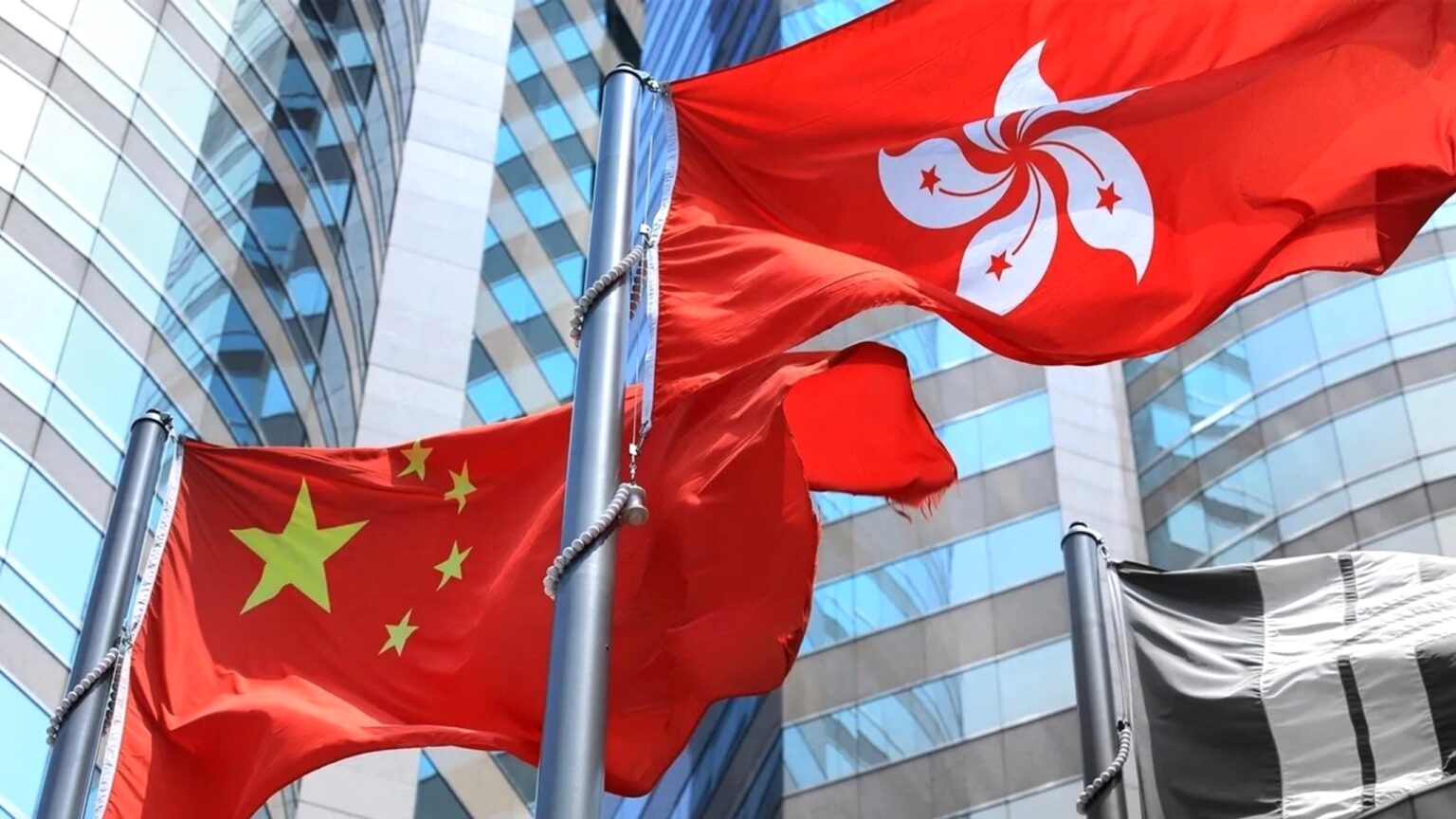Johnny Ng proposes a Web3 platform to enhance financial integration across Hong Kong, Macao, and Guangdong, leveraging Hong Kong’s crypto hub status despite China’s crypto restrictions.
A new proposal from Johnny Ng, a delegate to China’s top political advisory body, marks a major step forward in Hong Kong’s ambition to lead the development of a regional cryptocurrency and Web3 hub.
Also read: AI Gaming CEO Says Technology Can Cause Explosion of Web3 Games
Ng’s proposal, which aims to create a Web3 financing platform throughout the Greater Bay Area, demonstrates the region’s dedication to embracing blockchain and digital assets in the future. By bridging Guangdong, Macao, and Hong Kong, this project may put them at the forefront of technological finance.
Hong Kong's Johnny Ng unveils a pioneering Web3 financing platform for the Greater Bay Area, bridging Hong Kong, Macao, & Guangdong. Aimed at bolstering the region's crypto dominance. #Web3 #CryptoNews #Blockchainhttps://t.co/a0suRvRv0Q
— 1ATH.Studio (@1ATHStudio) March 6, 2024
Submitting the suggestion
According to a local news outlet, Johnny Ng, a member of the CPPCC National Committee, the country’s top political advisory body, has submitted a suggestion this week. The suggestion proposed that the authorities consider creating a financing platform for the blockchain and digital assets industry across the Greater Bay Area, which connects Hong Kong, Macao, and Guangdong.
Additionally, the report highlighted that Ng said that the regulated crypto asset trading platforms in Hong Kong could be crucial in funding projects.
Ng’s proposal was made during the “Two Sessions,” the most important annual political meeting that brought together the country’s political elite and industry leaders as thousands of delegates from across China gathered in Beijing.
Regional implications
The establishment of a Web3 financing platform may significantly impact the Greater Bay’s economic landscape. It is anticipated to draw a wave of investment, innovation, and talent, propelling the area into a leading position in the global technology sector.
Additionally, this initiative may enhance cross-border collaboration and integration between Hong Kong, Macao, and Guangdong, fostering a more cohesive and vibrant economic region. The emphasis on regulated platforms also highlights the importance of security and consumer protection in the evolving digital assets space.
Regulatory framework in Hong Kong
China still prohibits crypto trading and mining activities on the Chinese mainland, but Hong Kong welcomed crypto companies last year. In June 2023, Hong Kong’s cryptocurrency licensing program for virtual asset trading platforms went into effect in June 2023 allowing licensed exchanges to offer retail trading services. HashKey and OSL are two platforms to which Hong Kong has granted licenses.
Hong Kong’s crypto futures ETFs experience peak performance amid bitcoin rally.
— Megan 🇪🇺🇨🇦 (@Megan7560964546) February 16, 2024
China’s Ministry of Industry and Information Technology announced in December that it plans to create strategy documents to clarify the development path of web3 and plans to promote the development of non-fungible tokens and decentralized applications. The ministry further stated that in order to investigate web3 digital identity management and authentication, it intends to start distributed digital identity pilot programs.
China pledges to boost ✨NFT✨, decentralized application development despite crypto trading ban
🐂Hail the glorious NFT artists pic.twitter.com/r2aDRuqExn— xstelix (@xstelixxx) December 20, 2023
Going ahead
Ng’s plan highlights the difficulties that lie ahead even as it offers an ambitious roadmap for the Greater Bay Area’s entry into blockchain and digital finance. To make this vision a reality, technological infrastructure, international cooperation, and regulatory harmonisation will be essential.
However, there is a strong argument for stakeholders to actively pursue this game-changing project, given the potential benefits, which include enhanced regional cooperation, technological innovation, and economic diversification.









 and then
and then